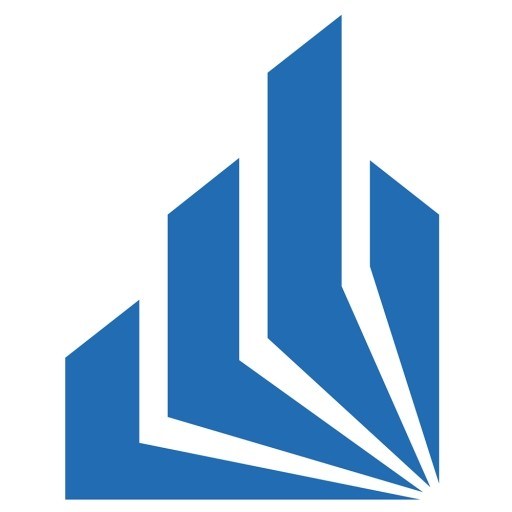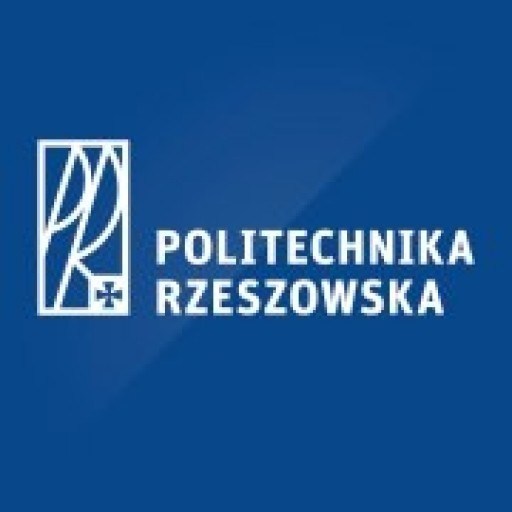Photos of university / #uni_duisburg_essen
The Bachelor’s program in Computer Engineering at the University of Duisburg-Essen offers students a comprehensive education in the design, development, and application of computer systems and software. This interdisciplinary course prepares graduates to meet the demands of the rapidly evolving ICT industry by combining foundational knowledge in computer science with practical engineering skills. Throughout the program, students engage in a variety of courses covering areas such as algorithms, data structures, programming languages, hardware architecture, digital systems, networks, and embedded systems. Emphasis is placed on problem-solving, innovation, and the application of theoretical principles to real-world scenarios, cultivated through project work, laboratory exercises, and collaborative team projects.
The curriculum is designed to balance theoretical understanding with practical experience, enabling students to develop competence in software development, hardware design, and system integration. To foster an entrepreneurial mindset and agility, students also explore topics like cybersecurity, artificial intelligence, and Internet of Things (IoT). The program encourages international perspectives by promoting participation in exchange programs and offering courses in English, thus equipping graduates to operate effectively in global markets.
Students benefit from modern laboratories, workshops, and close cooperation with industry partners, ensuring that their learning is aligned with current technological trends and market needs. The program also emphasizes soft skills development, including communication, project management, and teamwork, preparing students for leadership roles in their future careers. Graduates from the Computer Engineering program at the University of Duisburg-Essen are well-equipped to pursue careers in software development, hardware engineering, system analysis, research and development, or to continue their education through master’s programs. The university’s strong focus on applied research and innovation fosters an environment where students can excel and contribute to advancements in the field of computer engineering.
Educational organisation
The Master's degree courses consist of the following elements:- advanced theories
- core subjects
- electives
- non-technical course offer
The Master's thesis is an examination paper which concludes the scientific education in every Master's degree course within the academic International Studies in Engineering (ISE) programme. It is used to show that a student is capable of dealing with a problem from the corresponding field of engineering sciences autonomously, using scientific methods and presenting it comprehensibly within a given period of time. The duration for work on the Master's thesis is six months.
Study abroad unit(s)
It is obligatory for German students to stay abroad for a period of three to six months.During this time the students can:
- participate in lectures at a foreign university and earn credits by passing the examinations, or
- work on their final theses
Forms of assessment
According to the examination regulations, the type and duration of the examination will be defined by the lecturer before the semester starts. Therefore, an examination can be a written test of 60 to 120 minutes or an oral examination of 30 to 60 minutes. The language of the examination is the same as the language of the lecture.Course objectives
Graduates of the Computer Engineering MSc will be able to tackle the demanding conceptual and innovation-led projects typical of the IT industry. They will also be able to make independent contributions to research and take on senior roles later in their careers.Graduates will:
1) have a profound knowledge of the principles of computer science and master the advanced principles of mathematics and engineering;
2) develop specialist knowledge and informational concepts, methods, and programming environments for intelligent networked systems and be able to exploit their knowledge and skills in order to design and implement models, systems, and processes of computer science and engineering;
3) be qualified to give preference between the two possible paths, either for a commercial or academic career, based on their electives chosen from the spectrum offered in the degree course;
4) benefit from an enhanced overall education with increased confidence in German or English, and profit from enhanced employability from well-developed skills in teamwork and communication;
5) gain experience in applying scientific methods to deal independently with problems from their chosen area of engineering within a specific time frame, and be able to present issues clearly.
Graduates will be particularly well suited to enter the following careers:
- research into innovative information technologies in the area of intelligent networked systems or interactive systems and visualisation;
- the application of innovative technologies from these areas in a commercial environment;
- requirements analysis and the design of application-specific systems related to the two routes referred to above, as well as managerial roles in the implementation and testing of such systems.
Language requirements
Applicants must be able to demonstrate German and English language skills corresponding to Level B1 of the Common European Framework of Reference for Languages (CEFR).At the start of the programme, students must undergo placement tests in order to determine their knowledge in both languages and be placed in the appropriate courses. Students with a language certification from a qualified institute are exempt from sitting the placement test.
During the course of the ISE Master's programme, students must work towards a level B2 certification in both German and English. Students must reach a B2 proficiency level by the time they register for the final thesis. In some individual cases, language courses are a required part of the programme.
Academic requirements
The qualification for a MSc course of study in the programme ISE is met by a student's successful completion of a related degree course of study (BSc or a comparable degree) of at least three academic years' duration in the field of natural sciences or engineering sciences or computer science. The student's average grade must be 2.5 or better.Another requirement is knowledge of German and English, at least at level B1 achieved on the Common European Framework of Reference for Languages (CEFR).
Enrolment fees
All students are required to pay a social contribution of about 300 EUR per semester. The social contribution includes a semester ticket covering public transport in North Rhine-Westphalia, subsidised meals in the canteen of the university, and other services.Costs of living
We recommend budgeting around 750 to 900 EUR per month for personal expenses.Job opportunities
Students may be employed as student assistants at institutes within the Department of Engineering as well as by affiliated research institutions. Companies in the region also offer similar jobs.Services and support for international students
The Support Center for (International) Engineering Students (SCIES) acts as a help desk for all study-related questions in the Department of Engineering. The mission of SCIES is to support all students at the Department of Engineering and to help them gain the most from their experience at the University of Duisburg-Essen. SCIES answers questions with regard to studies, helps in administrative matters, supports in finding accommodation, and is the first level of support for all of the students' questions.Accommodation
Accommodation is available through the Student Services Office or on the private market. Rent for a single room in a student residence is approx. 280 EUR.For more information, see: http://www.uni-due.de/scies/accommodation.shtml.










